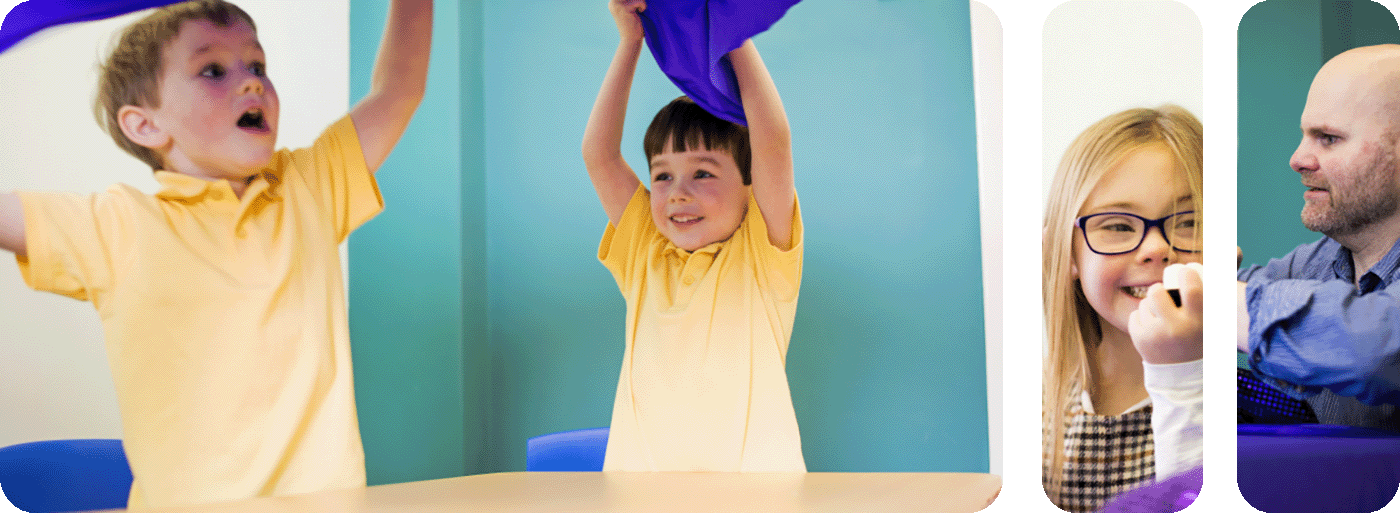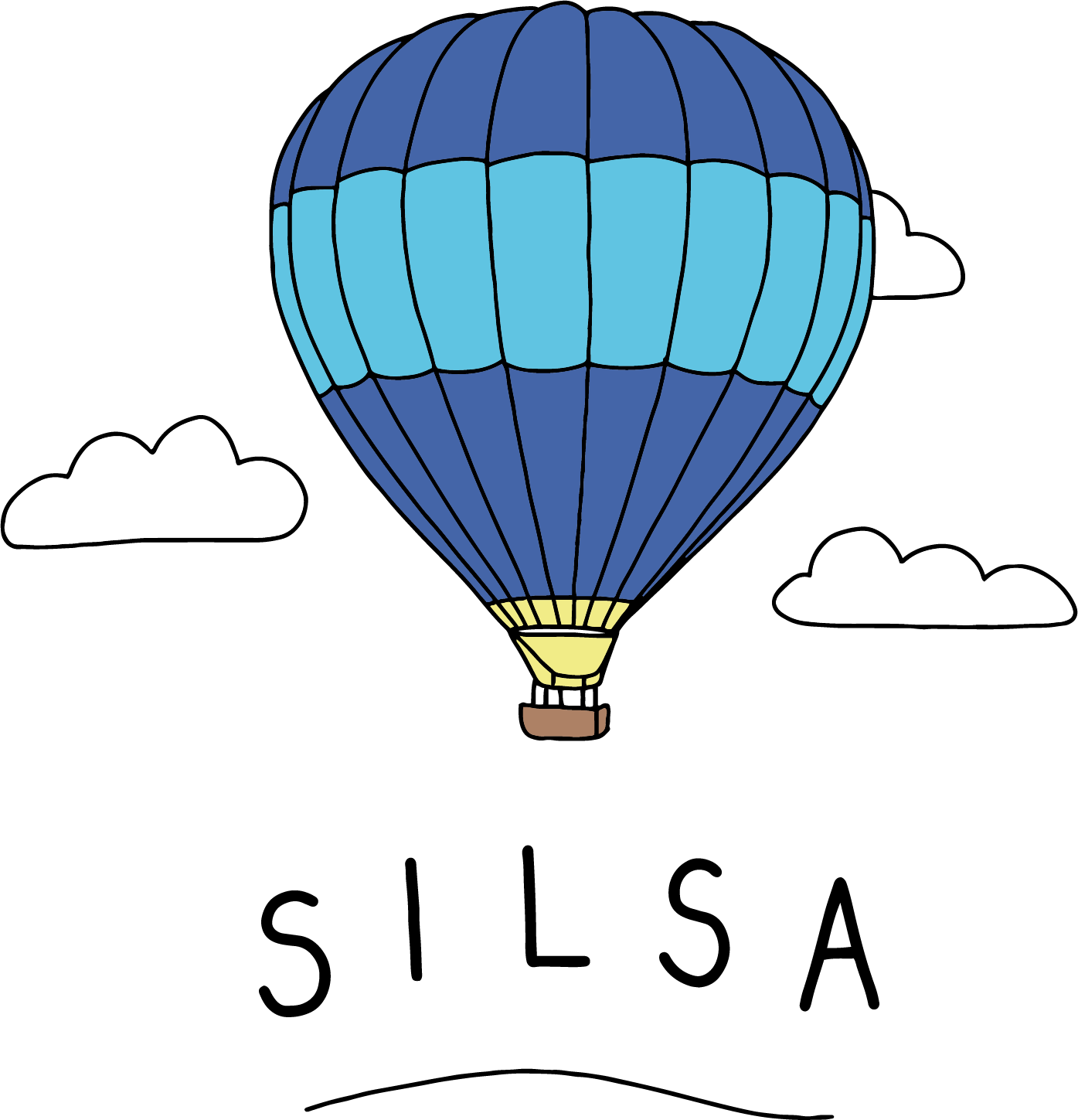Benefits

Depending on the level of training / support accessed, SILSA aims to provide the following benefits for schools and staff:

For Schools
Better Identification of pupils with SLCN
This means pupils with SLCN can be identified quickly and accurately so that their needs can be understood and support put in place. It also means pupils with more significant levels of need can be recognised and prioritised for specialist services.
In-school training to help meet CPD requirements
This can help to ensure that all staff are aware of how to recognise and support pupils with SLCN for example pupils with language needs or selective mutism. This is crucial as often SLCN is a ‘hidden disability’ and children can be skilled at masking their difficulties.
Enhanced provision for pupils with SLCN at a low cost
The motivation behind SILSA is improved care for pupils with SLCN, not profit. We recognise the financial constraints schools operate under and our aim is to enable schools to access high quality support and training that is both effective and affordable.
One or more lead practitioners for SLCN in school
Language is the medium of learning and we believe having a ‘lead’ in school for spoken language and SLCN is just as important as having a lead for Maths or English. Having a qualified SILSA in your school means having someone who maintains and develops their knowledge and who can disseminate best practice / research findings to the wider staff team.
Maximise the value of existing SLCN provision
As explained in the SILSA Programme, the aim is to extend, rather than replace, existing SLCN provision a school may have. For example, SILSAs can supplement the findings of existing screening assessments by carrying out further assessment e.g. of a pupils understanding, speech sound development, vocabulary development or language memory. They can incorporate additional aims into existing provisions and develop additional groups to meet the needs of pupils.
As examples, one SILSA carrying out a programme for abstract language comprehension has added creating a story using the resources in the programme at the end of each session as that was also an area of need for the pupils she was working with. Another SILSA has set up a range of new language groups targeting different areas such as concept development and following instructions.
Help narrow the gap for pupils starting school with delayed speech and language skills
Whilst approximately one in ten children have persistent and long-term SLCN, for many other children their needs may be more transient and with support they can be helped to catch-up with their peers. The sooner these children can be identified, and support put in place, the smaller the impact of their SLCN.
Ofsted
SLCN is the most common special educational need in the UK and it is important that schools are able to demonstrate how their pupils are supported using evidence-based and not ‘one size fits all’ provision. It is known that pupils with SLCN may not have their needs recognised and in particular children at risk of exclusion may be considered to have social, emotional or mental health needs. As Ofsted stated in their 2020/21 Annual Report this creates “a risk that these children’s other needs, especially relating to speech, language and communication, are not on the radar and are not addressed”.

For Practitioners
Increased knowledge, skills and confidence
You will benefit from detailed in-person training on speech and language development and SLCN. We consistently receive positive feedback on our in-school training, as well as for ELKLAN and SILSA training. With ELKLAN / SILSA Training you will be learning in-depth alongside peers and there is ample time for discussion and questions.
An interim evaluation of the 16 SILSAs who completed training in 2022-2023 was carried out in February 2023. SILSAs were asked to rate on a scale whether they were enjoying the course, whether they would recommend it to other TAs / LSAs, and whether they felt they were learning new skills / knowledge. All SILSAs gave the highest rating for all three questions.
Access half-termly in-person supervision and discussion with an experienced Speech and Language Therapist (SILSA Programme only)
Every half-term you will be able to meet with your link therapist and up to 7 other SILSAs. There will be a ‘refresher’ of some of the content taught in ELKLAN / SILSA Training as well as ‘what’s new’ e.g. a new research finding or resource. SILSAs can also raise, confidentially, clinical queries and ask practical ‘how to….’ questions.
Be part of a local group of SILSAs with peer support (SILSA Programme only)
As part of a SILSA network you will meet with other SILSAs during half-termly supervision sessions and the annual study day (as well as during the initial training). Feeling part of a group and being able to share successes, resources, difficulties, and queries is proving to be a very valued part of the SILSA Programme.
Gain accreditation (via the ELKLAN Course)
Successful completion of the ELKLAN 5-11s course, including the assessed Learning Log, means you will gain Ofqual recognised accreditation at either Level 2 or Level 3. Find out more about this at https://www.gov.uk/what-different-qualification-levels-mean/list-of-qualification-levels Support and constructive feedback is provided to help you gain accreditation so this is not something to fear!
Continue to develop your skills through ongoing training and development
Training and development is a process, not a single event. We aim to build partnerships with the schools and staff we work with and to provide ongoing training. This can be through in-school training, and if you join the SILSA Programme you will access ongoing training through the half-termly supervision sessions and the annual study day. We will also let you know about other training (external to SILSA) that you could access as part of your continuing professional development if relevant.
